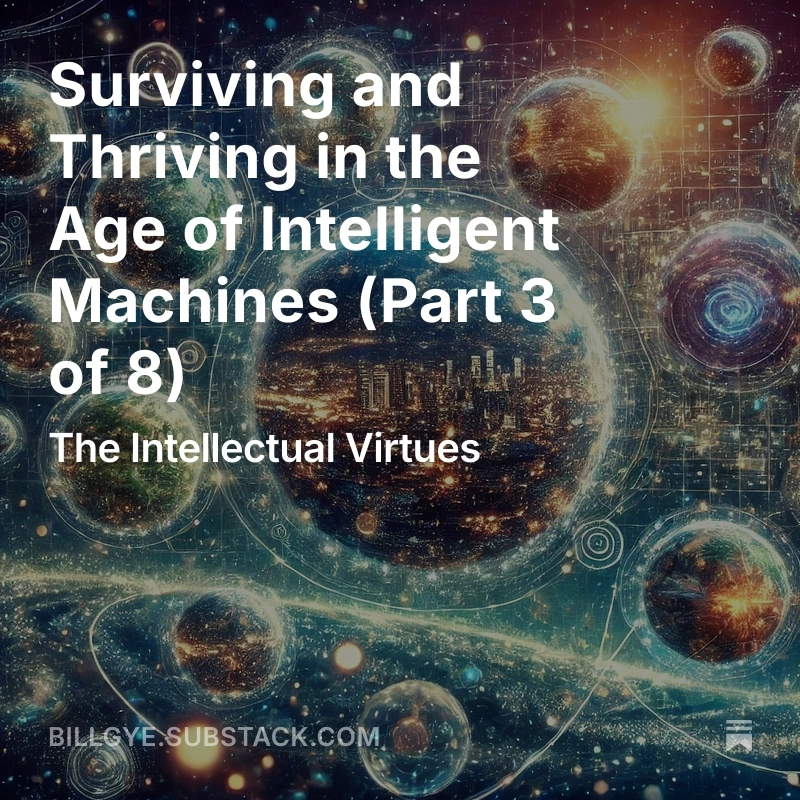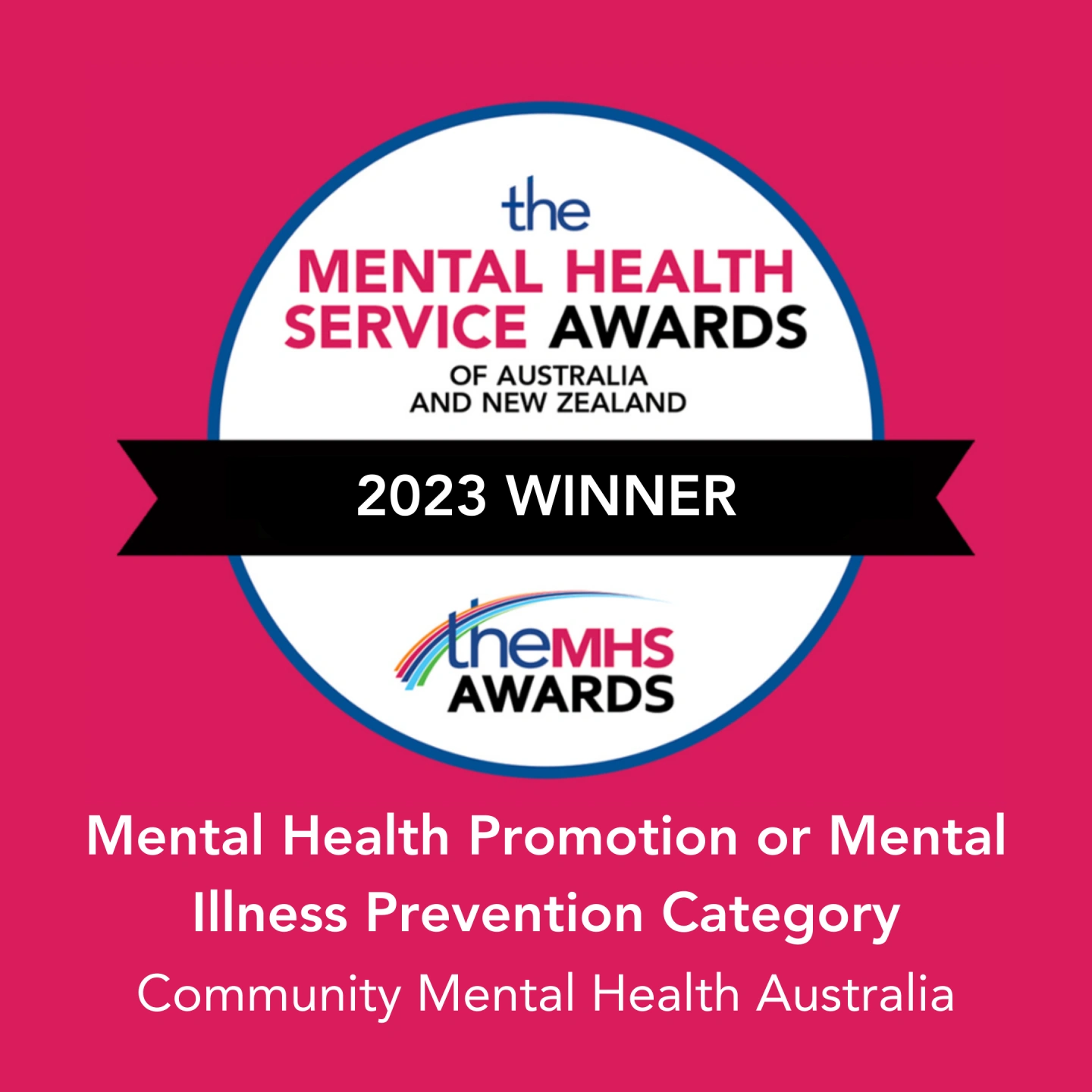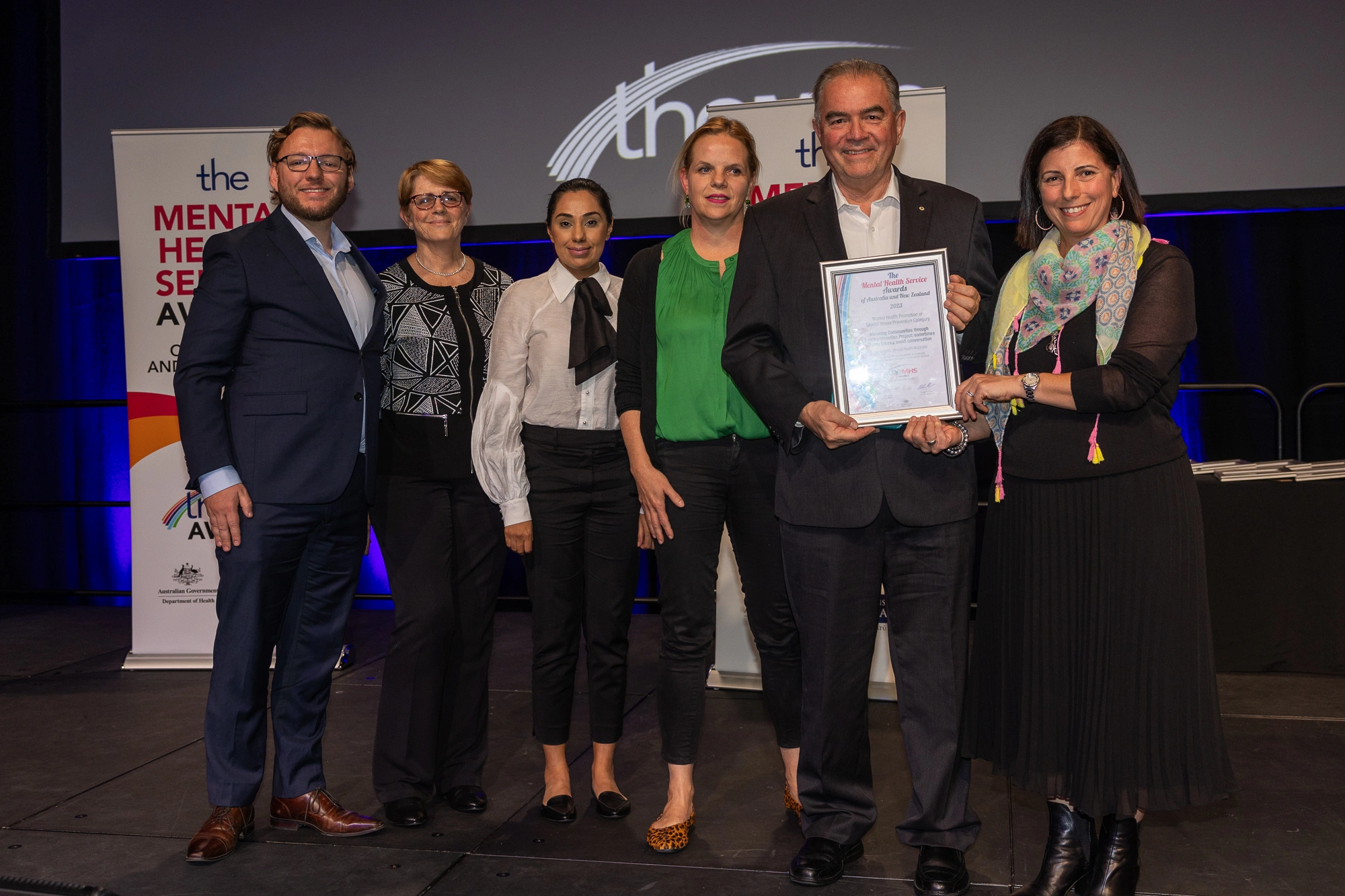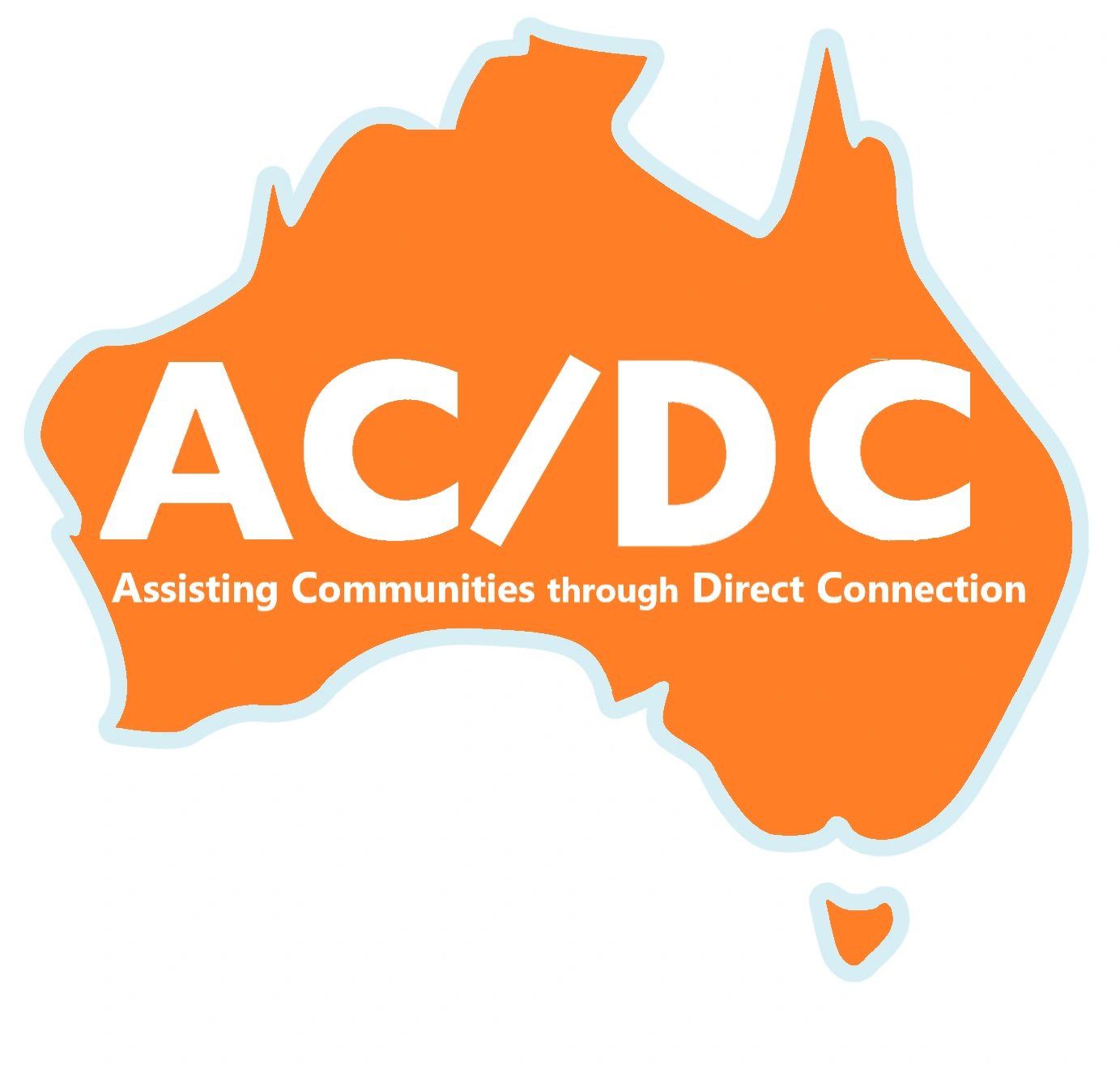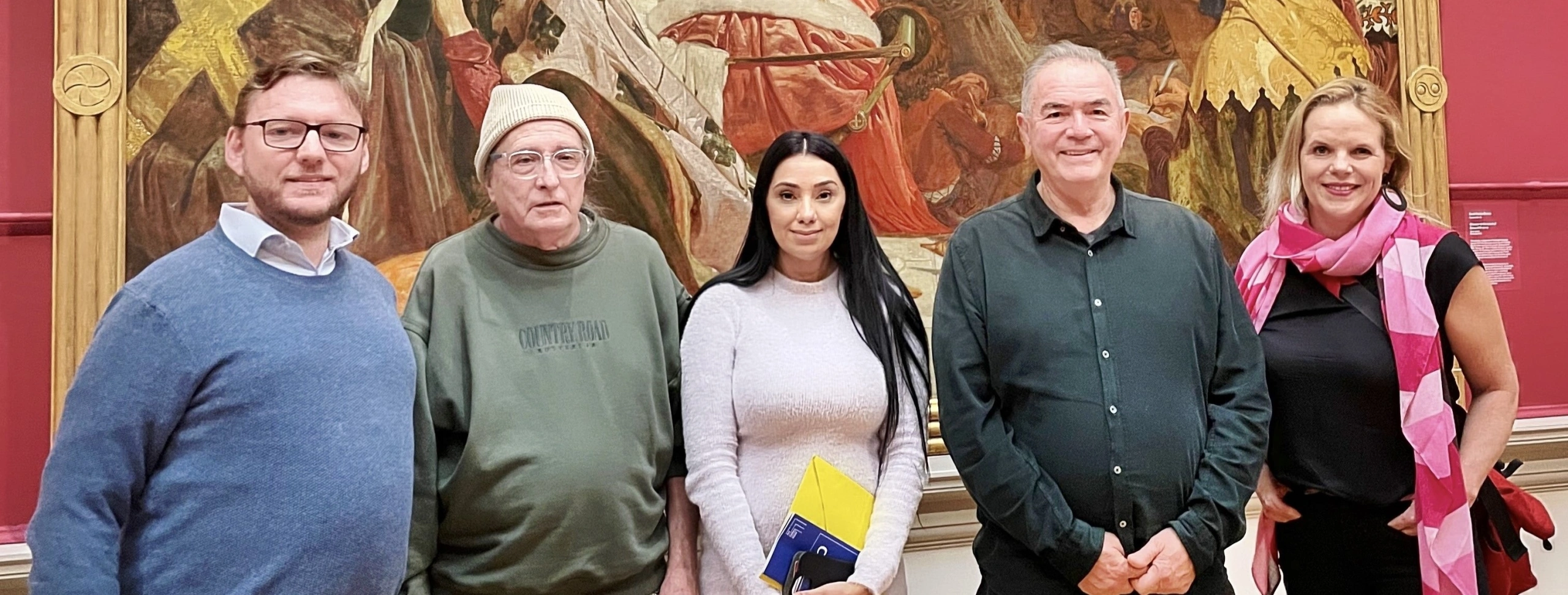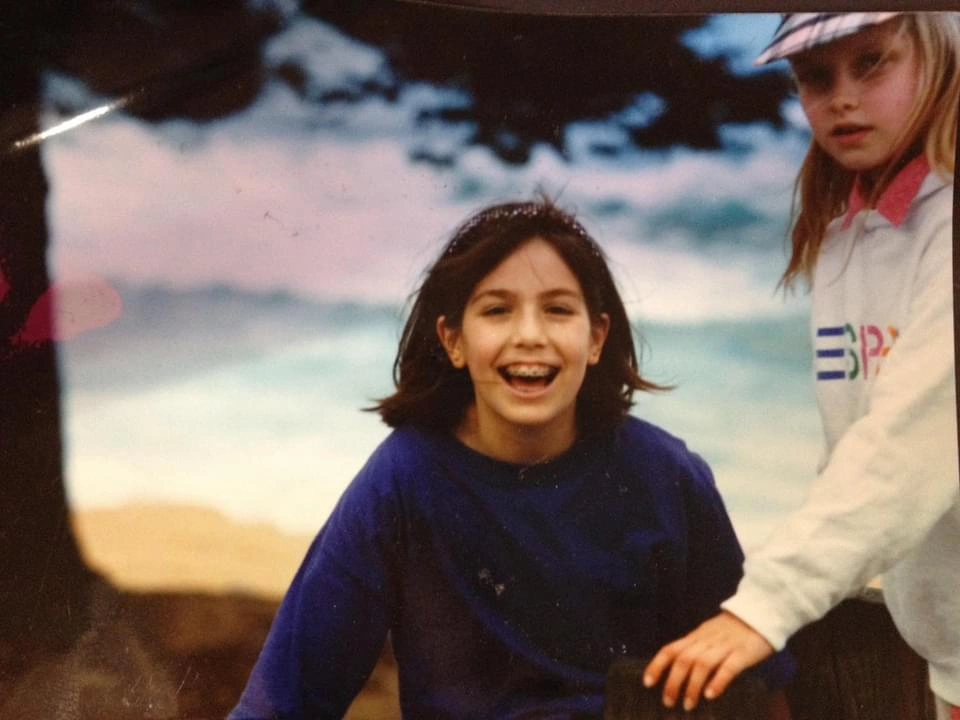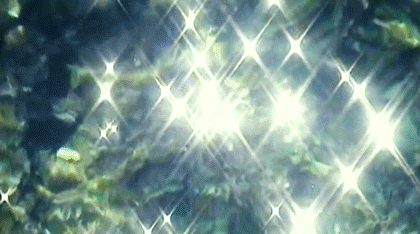
Major Topics
Philosophy
What is fundamentally real?
How can we know what is true?
What should we do?
Psychology & Cognitive Science
Philosophy of Psychology
Cognition and AI
Emotion & Wellbeing
Society and Politics
Meta-history
The Future of Humans
Constitution of World Government
Creative Activities
Poetry
Prosery and Stories
Photography and Graphic Art
Key Links
Recent work
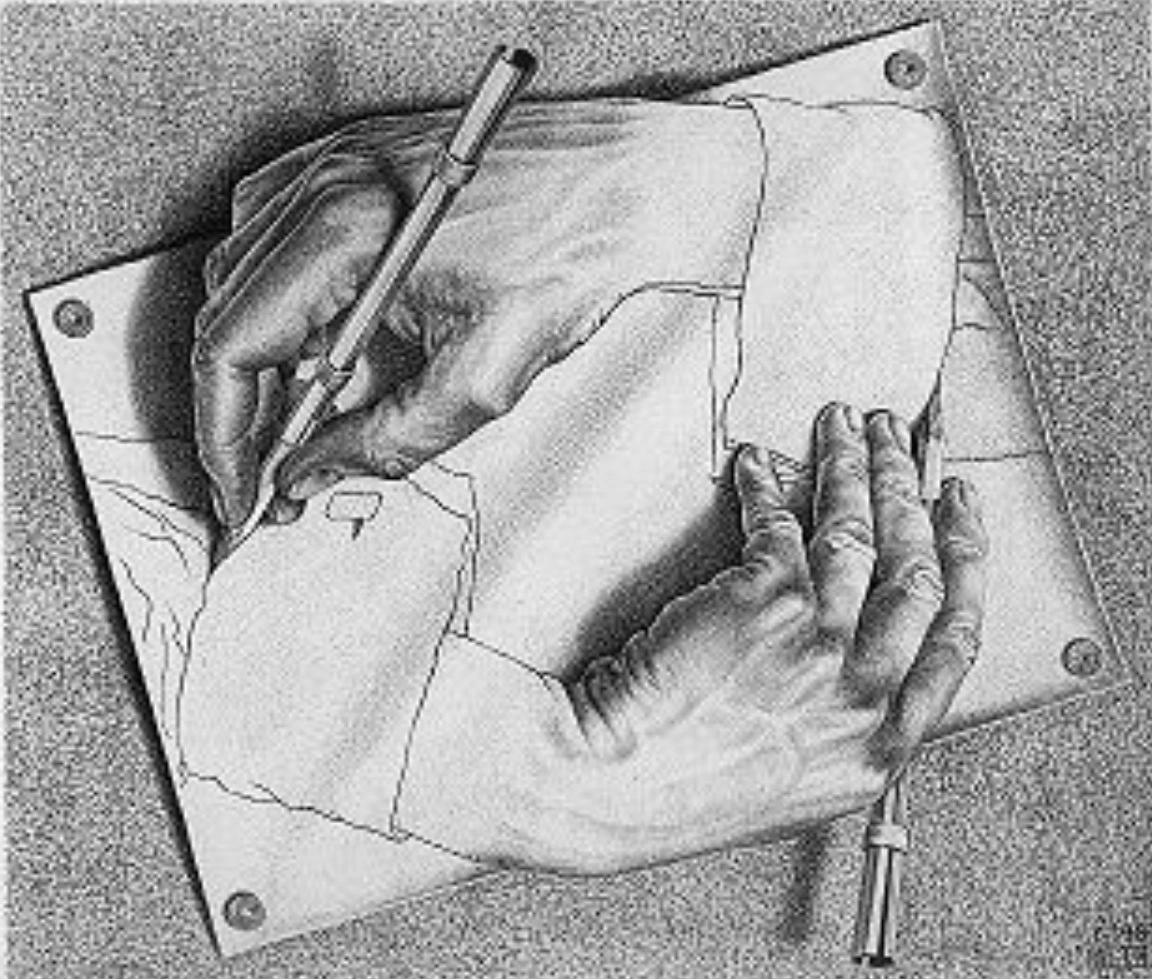
Substack Writing
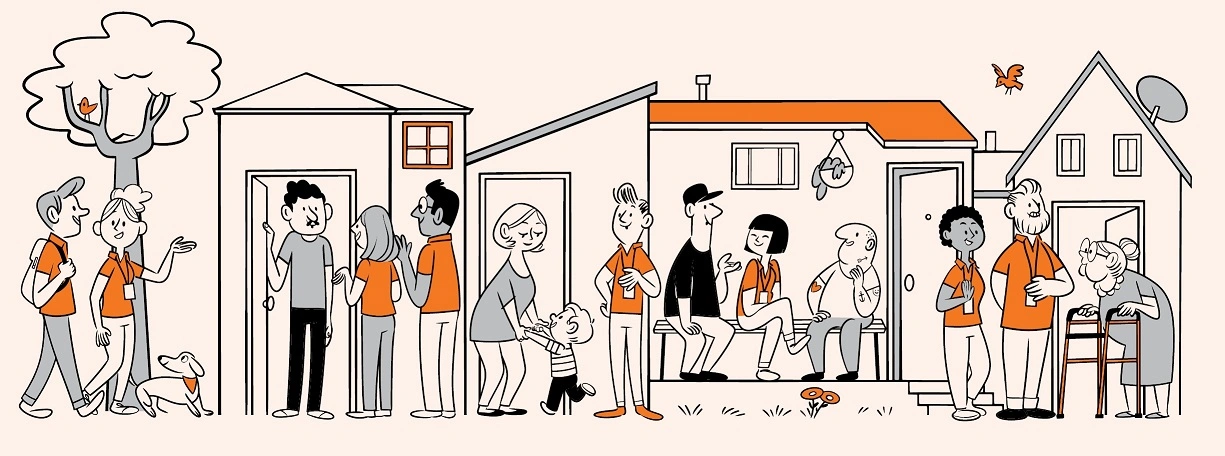
Assisting Communnities through Direct Connection (ACDC)
As CEO of Community Mental Health Australia (CMHA), together with a great team ACDC was implemented ACDC across Australia, reaching out to 70,000 householders and inviting them to have a conversation about their mental health, wellbeing and community - www.acdc.org.au
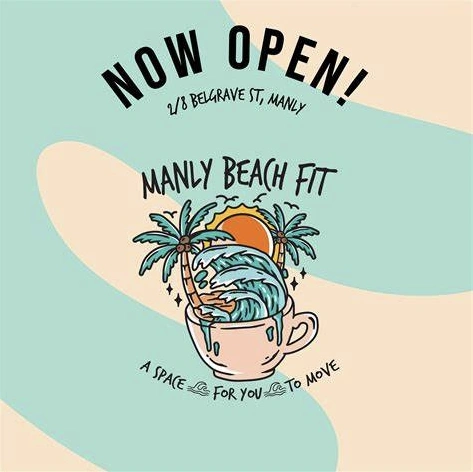
Tashi Gye & ManlyBeachFit
I can't call this my project, but it is something I am very proud of - <https://www.instagram.com/manlybeachfit/>
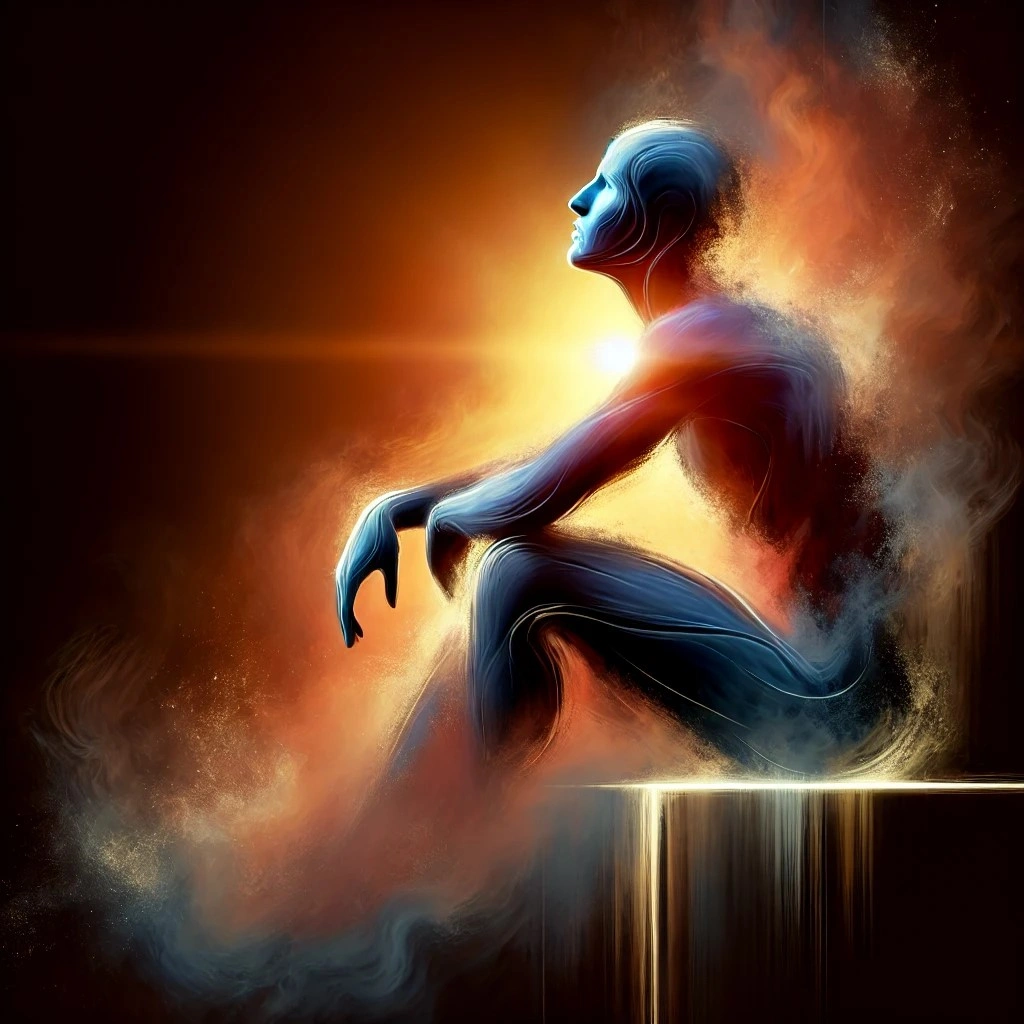
Human in the Loop
Partnering and consulting with organizations about using AI to augment their mission
Idea Summaries

Qualifications
Words shift meaning with context and user—we can never assume shared understanding, especially with abstract or complex terms.
Every idea here could be explored further, with its own history and almost endless details and implications. But I've chosen simplicity.
"Begin at the beginning" sounds logical, but what if there is no beginning? Since I can't locate the true Beginning, I must simply start somewhere.

Ontology
Question: What fundamentally exists, or what is ultimate reality?
Simple Answer 2: Direct sensory experience, prior to any description or interpretation may be the closest we can come to “connecting” with what is real.
Beyond that we may have “ideas” about what “causes and lays outside” those experiences, but we cannot say what this is or these are for sure.
Technical Answer 2: Something stable seems to continue outside of our direct experience of it… for example, “The place I return to after many years looked much the same”. We act and something pushes back… “I kick the rock and my foot hurts.” The implication is that “outside our experiences” there is something that persists beyond our experiences of it.
We only experience, perceive and know the world through our experience, perception and knowledge of it. Our memory, imagining and abstract thinking about the world is just re-cycling that experience, perception and knowledge. That is, we can never get outside of our experience of the world, nor can we, by definition, experience that which is outside our experience.
Every idea we have about what “reality” is like outside our experience of it is only ever a metaphor from the world of our experience. Such “imaginings” always subtly presume a perspective. There is no “view from nowhere”. This seems to be an essential limitation of knowledge and experience.
This is a test
Links
Contact Us
Bill Gye
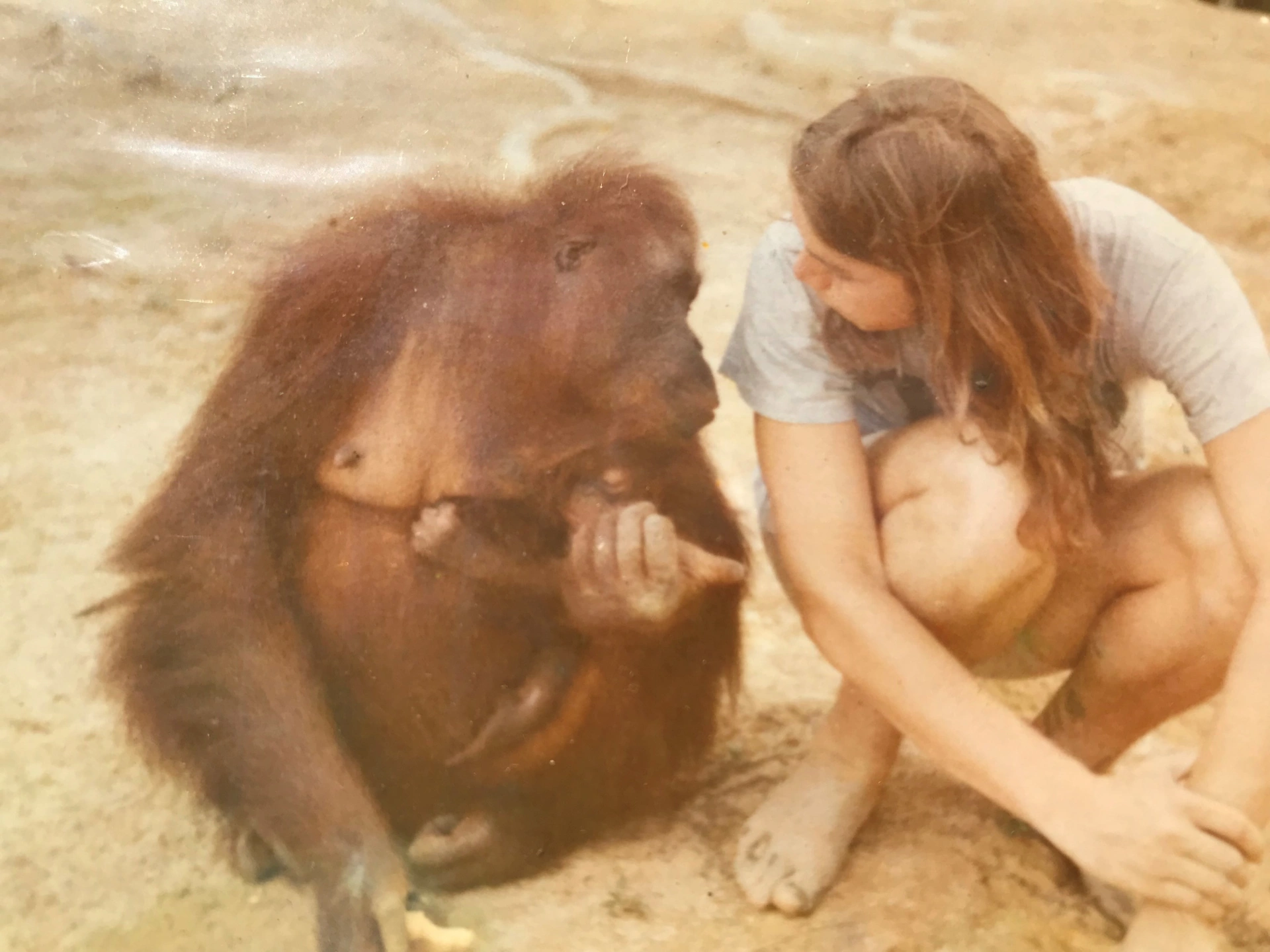
B.A. (Hons. Psych); M.Cog.Sci. (Cognitive Science) – UNSW, Order of Australia Medal (OAM)
When I was about 7 or 8 years old, I tried to set out in my imagination and then draw on my bedroom wall, everything I knew about the world. Ever since I’ve been thinking about “life, the universe and everything”.
1971 was a pivotal year of new thinking for me (see picture below), since then I’ve read and studied extensively, filled hundreds of blank notebooks with ideas, diagrams, stories and poetry.
My working life includes 40+ years of supporting people to overcome social disadvantages, increase knowledge and skills and improve wellbeing. I have a master’s degree in Cognitive Science and am an explorer of altered states, arts, sciences, technologies, a range of emotions, and diverse corners of the world.
Life has given me my share of challenges. I am vigilant for risks and threats though my disposition is generally optimistic. I am cautious and skeptical about “truth claims”, but enthusiastic about new ideas and possibilities.
